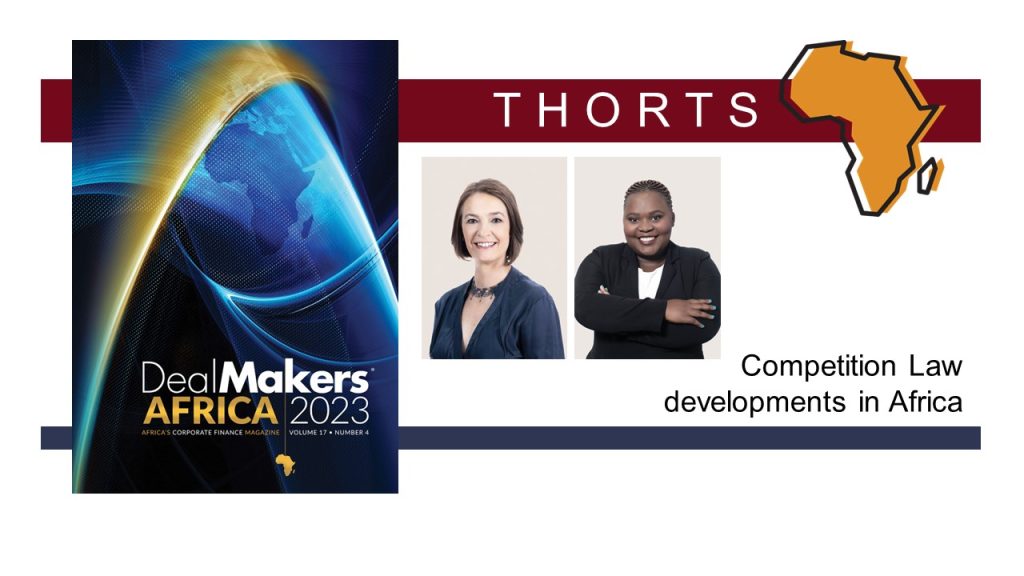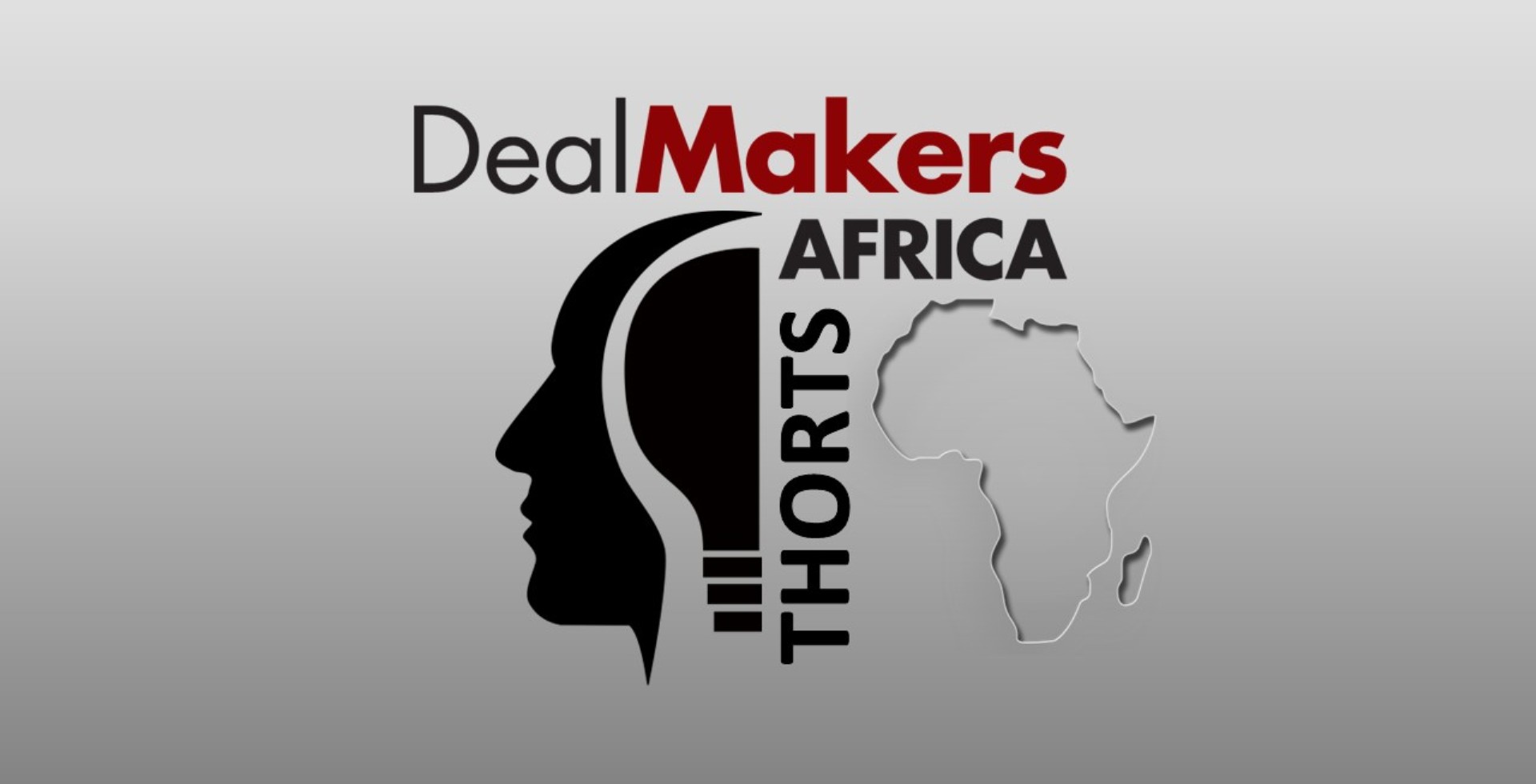MERGER REGULATION
Merger regulation continued to feature prominently in many African jurisdictions in 2023, with many transactions requiring approval. Most were uncontentious, but there were some high-profile cases that encountered headwinds. Notably, the proposed acquisition by AkzoNobel of Kansai affected a number of African countries, and was reviewed by many competition regulators across the continent. The parties were direct competitors, and the deal was closely scrutinised over many months.
The transaction was approved in Nigeria, Tanzania Mozambique and Namibia, but it was prohibited in South Africa and Botswana. COMESA conditionally approved the deal in Malawi, Burundi, Kenya, Rwanda and Uganda, but prohibited it in Eswatini, Zambia and Zimbabwe. In South Africa, the decision to prohibit the transaction was taken on reconsideration by the Competition Tribunal, and handed down in November 2023. Because the parties again failed to obtain approval, AkzoNobel and Kansai have mutually agreed not to proceed with the merger.
PUBLIC INTEREST
South Africa continues to focus on public interest considerations in mergers, an aspect that has gained considerably in importance since legislative amendments aimed at promoting economic transformation, amongst other things, came into force in 2019. In October 2023, the South African Competition Commission issued a draft of amended public interest guidelines relating to merger control for comment, although, in practice, they have been applying these principles for some time. While employment issues have been in focus for some years, the competition authorities are now intent on ensuring that historical injustices are rectified.
In accordance with the amendments, when reviewing mergers, they now seek to ensure that small and medium-sized enterprises (SMEs) have an equitable opportunity to participate in the economy, and that mergers promote a greater spread of ownership; in particular, increasing the ownership stakes of historically disadvantaged persons (HDPs) and workers. Foreign to foreign transactions are also viewed through this lens, with a number of mergers being approved subject to conditions to achieve these outcomes.
South Africa is not alone in seeking public interest benefits pursuant to mergers. For example, in the Heineken / Distell merger (which was reviewed in a number of African countries), South Africa imposed public interest conditions, including the requirements to maximise procurement from SMEs and HDPs, and to put an employee share ownership scheme in place. Botswana required the parties to set up a distribution development programme to absorb a suitable Botswanan citizen-owned company into the merged entity’s supply chain. Namibia imposed a condition regarding retrenchments, as well as a condition encouraging local production.
PROHIBITED PRACTICES
A number of African countries were active in investigating prohibited practices. Kenya investigated cartels in the manufacturing and agriculture sector. Pursuant to the investigation, nine steel manufacturers were penalised for engaging in price fixing. Morocco investigated nine fuel companies for anti-competitive practices in the markets for the supply, storage and distribution of gasoline and diesel.
A settlement agreement was concluded, where the companies were required to pay a $180,000 fine. Namibia has recently launched an investigation into fishing vessel owners and operators for the alleged fixing of quota usage fees that are paid to fishing rights holders. An important case in South Africa is the forex bank cartel case, which has been ongoing for many years, though the substantive case is yet to be heard.
There have been numerous interlocutory skirmishes, most recently before the Competition Appeal Court (CAC) in November 2023, pursuant to which the CAC has dismissed the case against 14 banks – leaving only five banks still to face the music – although an appeal by the Commission cannot be ruled out. Kenya is also investigating banks for the fixing of foreign exchange trades.
DIGITAL MARKETS
Digital markets continue to be in the spotlight globally, and Africa is no exception. In late 2021, the regulators in Kenya, Nigeria, Egypt, Mauritius and South Africa began a discussion on the topic, and in 2023, this grouping expanded. Pursuant to a dialogue, these countries, as well as COMESA, The Gambia, Morocco and Zambia, agreed to set up a working group to collaborate on competition issues in digital markets, amongst others.
The working group is committed to expanding and deepening the dialogue on this topic amongst African competition authorities. The African Competition Forum undertook training on complex digital investigations, focusing on the characteristics of digital markets, amongst others. Mozambique is also looking into digital markets and has recently published a Decree that approves the Regulations on the Registration and Licensing of Intermediary Providers of Electronic Services and Digital Platforms Operators.
South Africa is particularly focused on this area. In 2023, the Competition Commission concluded its Online Intermediation Platforms Market Inquiry and published its findings and proposed remedial actions. Shortly thereafter, it launched a further market inquiry into Media and Digital Platforms, which is ongoing. After a first round of questions, the Commission recently issued a Further Statement of Issues, and will shortly begin public hearings.
Market inquiries are a popular tool in South Africa. In addition to the digital markets inquiries mentioned above, the Commission is currently conducting a market inquiry into Fresh Produce, and in April 2023, it issued draft terms of reference in relation to a Steel Market Inquiry. Other countries are starting to follow suit, and Seychelles is set to undertake a comprehensive market inquiry into the grocery retail sector.
COMPETITION LEGISLATION DEVELOPMENTS
Uganda has been considering competition legislation for a number of years and, in August 2023, the legislation was finally passed by the legislature. Although the bill envisaged that the Act be administered by an independent competition authority, President Museveni required that this be reconsidered. The Act was passed on the basis that administration fall under the relevant ministry, but on the understanding that there would, in future, be an amendment making provision for an independent competition authority to be established.
In February 2023, the African Union (AU) Heads of State formally adopted the Protocol to the Agreement establishing the African Continental Free Trade Area on Competition Policy (Competition Protocol) at the 36th Ordinary Session of the Assembly of Heads of State and Government of the AU. The Competition Protocol aims to create an integrated and unified continental competition regime which covers all aspects of competition law, including merger control, prohibited practices, and abuse of dominance. The Competition Protocol must still be ratified by 22 of the member states before it can enter into force.
CONCLUSION
It can be seen that competition law is alive and well in Africa, and constantly developing. Companies doing business in Africa will need to keep abreast of these developments to ensure that they stay on the right side of the various competition laws across the continent.
Lesley Morphet is a Partner and Nolukhanyo Mpisane a Candidate Attorney | Fasken (Johannesburg)

DealMakers AFRICA is a quarterly M&A publication
www.dealmakersafrica.com



